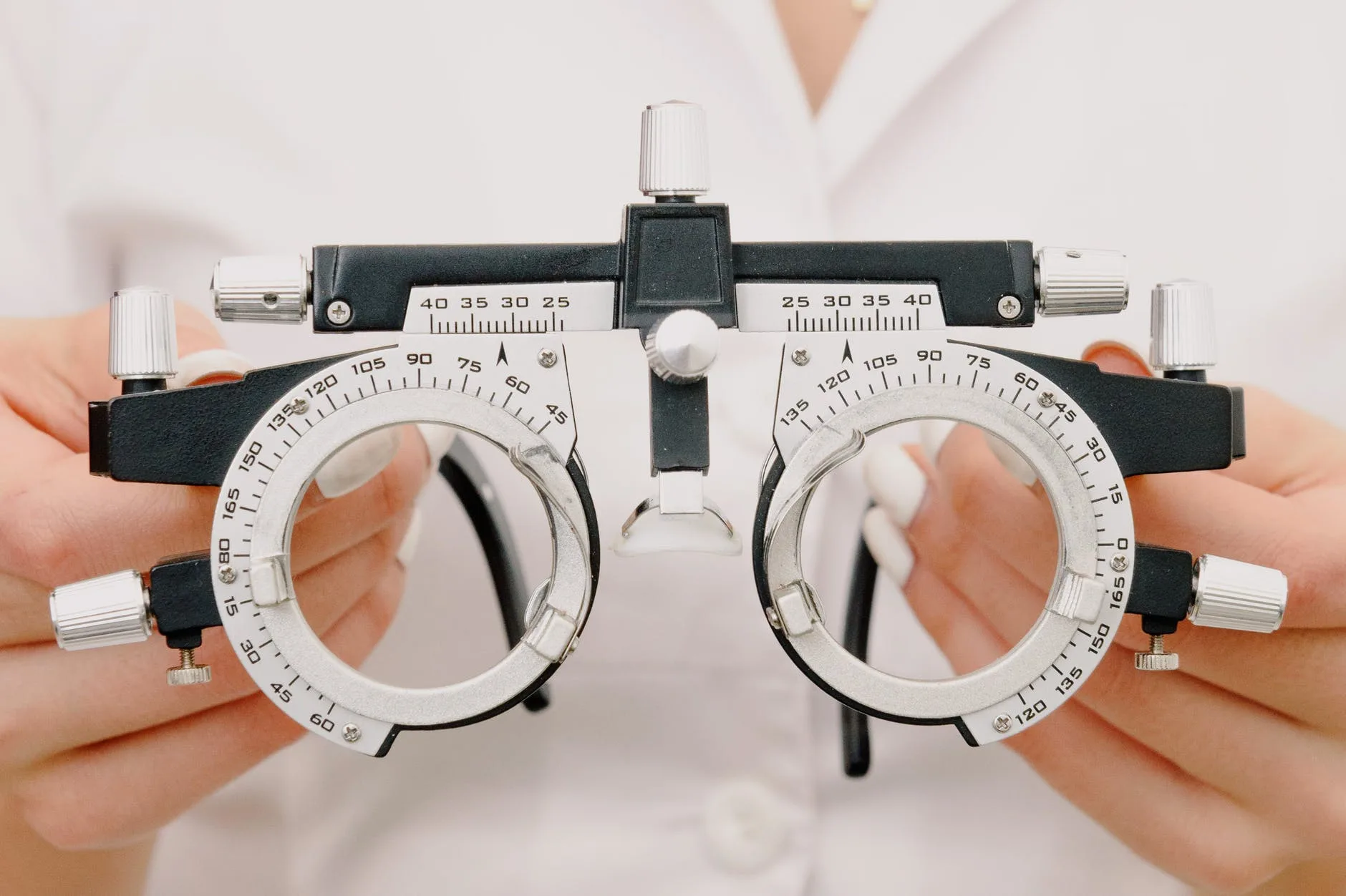It is exceedingly tough to start a business, especially an ophthalmology practice business. Of course, things can be easier if you know what you are doing. You can even make it a successful one if you do things right.
So with that in mind, let us delve into a beginner’s guide for starting an ophthalmology practice and making it successful.
Explore Your Options
When starting an ophthalmology practice business, you will have two options at hand. The first is to buy an existing practice, and the second is to begin one from scratch.
Buying an existing practice can cost you anything from $120,000 to $500,000. This amount does not include rent, labor, and other maintenance costs. Purchasing an existing ophthalmology practice business is worth it if it can gross around $500,000 a year. Larger practices can easily make that money. Especially if it has a good reputation locally. Do not be surprised if you cannot net that amount during the first five to six months.
The biggest advantage of buying an existing practice is acquiring the existing patients’ list of that practice. That means most of those patients are likely to frequent your practice. That is highly likely if the practice is popular among the locals of that community.
Starting a practice from scratch might prove to be very costly. Acquiring the property and equipment can cost upwards of $300,000. Then you also have to bear a lot of legal costs as well, mostly related to licensing. As common with most new practices, you will need to build a dedicated customer (patient) list from scratch. That could take a while, and you will have to wait a long time before you can start making profits.

Photo by Ksenia Chernaya from Pexels
Teaming Up in an Ophthalmology Practice
When in the ophthalmology practice business, you need the support of your community to propel the practice forward. This is where PECAA – Professional Eye Care Associates of America – comes in. PECAA is a growing community of eye care professionals that work together to grow together.
PECAA offers its members the chance to discuss ideas, expand their business, learn about the latest tools and technology in the industry, and so on. PECAA members also have access to vendors that offer them great discounts on various products.
Being part of a business community is vital for newcomers. You might not know about many things related to the ophthalmology practice at first. However, as you communicate with fellow PECAA members, and join a group or peer-to-peer discussions, you can educate yourself on all those things and more.
Getting the Right Equipment
A modern ophthalmology practice needs the latest equipment and technology. Apart from making your life easier, these tools will also work as major selling points. Many clients choose a practice based on the technology they have to offer. Hence, you need to grab their attention and trust by showing them that you use only the best that the industry has to offer.
Some of the most common equipment you need to have are digital VA systems, tonometers, fundus photography equipment, OCT imaging equipment, and auto-refractors.
Low-end tonometers can cost less than $700. Top-tier ones will cost you upwards of $15,000. The same goes for the fundus photography equipment, but the top-tier ones can sometimes cost more than $30,000. OCT machines will cost you anything between $35,000 to $100,000. And an auto-refractor will cost around $5,000.
 Promoting Your Practice
Promoting Your Practice
Whether you buy an existing practice or start from scratch, you must promote it properly. Using the right marketing channels and techniques is vital to establishing your practice’s online presence. That in turn will open more opportunities for you to appeal to a wider audience and bring in more clients.
Note that branding the practice is not the same as branding typical products. For instance, you cannot apply the same marketing techniques for your practice that you would for clothes or makeup kits. Ophthalmology, as a medical practice, should call out to an individual’s need for medical attention. Thus, your social media posts need to talk about issues related to health. More specifically, you have to talk about eye care.
Talk about the resources and technology you have and the services your practice provides. Showcase the expertise your personnel and staff have. These things should be more than enough to promote your ophthalmology practice.
The bottom line
These are all the things you must ensure to start and make your ophthalmology practice successful. By maintaining these things, nothing can stop your practice from succeeding.
Main Photo Credit: Pexels.com



 Promoting Your Practice
Promoting Your Practice![women [longevity live]](https://longevitylive.com/wp-content/uploads/2020/01/photo-of-women-walking-down-the-street-1116984-100x100.jpg)










